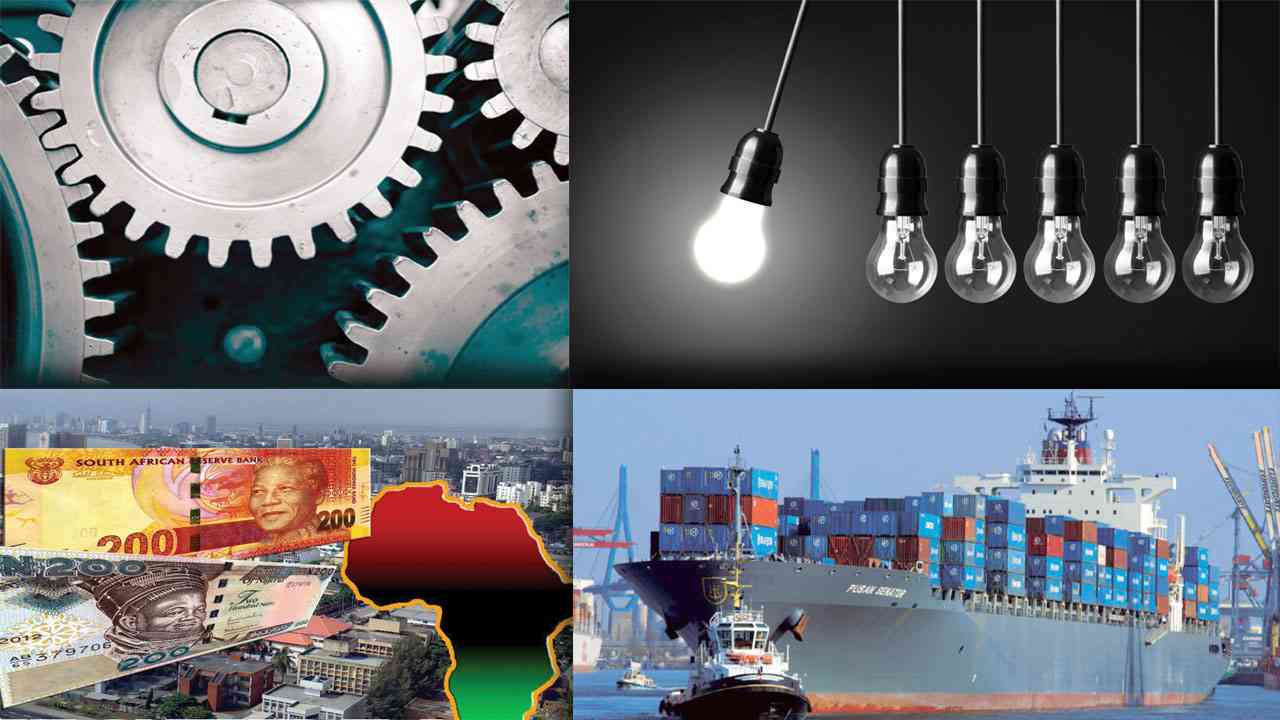Mauritian manufacturers’ call for help
 Par
News on Sunday, Defimedia.info
Par
News on Sunday, Defimedia.info
Publié le:
25 May 2016 à 12:30
 Par
News on Sunday, Defimedia.info
Par
News on Sunday, Defimedia.info

Innovation is at the heart of the energy market. However, the greatest difficulty is the lack of a MSDG program of 15 MW (Medium Scale Distributed Generation 50 kW to 2 mW) for building integrated installations. The Renewable Energy Committee of the AMM considers that such a MSDG program would generate Rs 2 billion investment and create 150 jobs. This regulatory framework for decentralized production and consumption of photovoltaic will enable the development of new energy solutions that can be exported to African countries.
 J'aime
J'aime